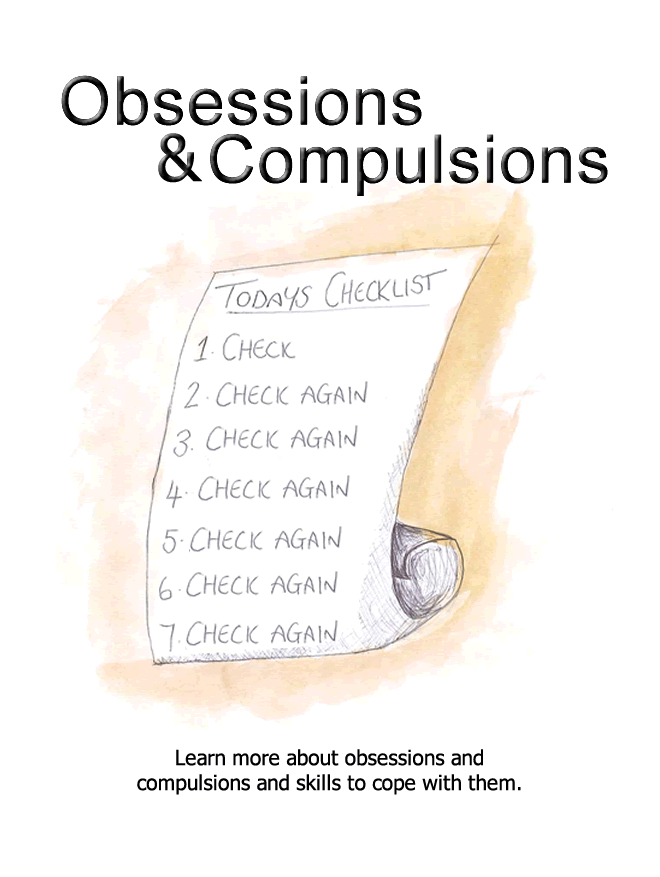Living with obsessive-compulsive disorder (OCD) can be a daunting and overwhelming experience, affecting not only the individual but also their loved ones. Fortunately, there are numerous treatment approaches available that hold the promise of unlocking peace of mind and helping individuals regain control over their lives. From traditional therapy methods to innovative approaches specifically tailored for teenagers, the path to recovery offers hope and support for those in need.
When it comes to treating OCD in teenagers, rehab centers have emerged as invaluable resources for holistic care and long-term recovery. These specialized facilities provide a safe and nurturing environment where adolescents can address their OCD symptoms while receiving comprehensive support for any co-occurring mental health challenges. Throughout the journey of addiction recovery, these teen rehab programs offer individualized therapies, therapeutic activities, and intensive counseling to help teenagers overcome the challenges they face and achieve sustainable healing. By combining evidence-based practices with a compassionate and understanding approach, rehab for teens can be a transformative experience, paving the way towards a life free from the grasp of OCD.
Innovative OCD Treatment Approaches

In the quest for finding effective solutions to Obsessive-Compulsive Disorder (OCD), experts have developed innovative treatment approaches that offer hope to individuals struggling with this condition. These groundbreaking methods go beyond traditional therapies, aiming to address the unique challenges faced by teens with OCD. By integrating specialized techniques, teen rehab centers are revolutionizing the way young individuals receive treatment for OCD, offering a comprehensive approach that focuses on lasting recovery.
One such approach gaining recognition is the use of Cognitive-Behavioral Therapy (CBT) specifically tailored for teens with OCD. This technique delves into the underlying thoughts and behaviors associated with the disorder, providing adolescents with the tools and strategies to challenge and modify their negative patterns. By working closely with trained therapists, teens can gradually gain control over their intrusive thoughts and compulsions, ultimately achieving a sense of peace and well-being.
Another innovative approach offers a holistic perspective, combining conventional therapy with alternative therapies such as art therapy, yoga, and mindfulness practices. These additional elements help teens explore their emotions, express themselves creatively, and develop healthy coping mechanisms. This integrative approach recognizes the importance of treating the whole person – mind, body, and spirit – in the recovery journey, promoting lasting and meaningful changes.
Furthermore, some rehab centers for teens with OCD have integrated technology into their treatment programs. Virtual reality (VR) therapy, for example, has shown promising results in exposing individuals to their fears in a controlled and safe environment. Through immersive experiences, teens can gradually confront and overcome their obsessive thoughts and anxieties. This innovative application of technology not only enhances the effectiveness of treatment but also engages teenagers in a more interactive and engaging way.
In conclusion, innovative OCD treatment approaches have emerged to address the unique challenges faced by teens with the condition. From tailored therapy techniques to holistic approaches and the integration of technology, these methods showcase the commitment to providing comprehensive and effective treatment to help teenagers find lasting relief and overcome the grip of OCD.
Teen Rehab for OCD
In addressing OCD treatment for teenagers, it is crucial to recognize the unique challenges they face in their journey towards recovery. Teen rehab facilities specialize in providing the necessary support and structure to help them effectively manage their OCD symptoms and regain control over their lives.
A key aspect of teen rehab for OCD is the development of personalized treatment plans. These plans are tailored to meet the specific needs of each individual, considering their age, severity of symptoms, and any co-occurring conditions. By working closely with mental health professionals, teens are able to receive the targeted interventions required for their successful recovery.
Rehabilitation programs for teenagers with OCD also prioritize the involvement of family members. The support and active participation of parents and siblings play a vital role in the healing process. Through family therapy sessions, loved ones receive guidance on how to understand and effectively support their teenager during their OCD treatment journey.
In addition to traditional therapy approaches, teen rehab for OCD may incorporate innovative techniques to enhance treatment outcomes. These can include exposure and response prevention (ERP) therapy, cognitive-behavioral therapy (CBT), and mindfulness-based interventions. By combining evidence-based practices with a nurturing environment, teen rehab facilities empower adolescents to cultivate new coping mechanisms and develop a stronger sense of self-awareness.
By seeking professional help at a specialized teen rehab center, teenagers with OCD can embark on a transformative path towards peace of mind and reclaim control over their lives. With the right support system and treatment approaches, teenagers can overcome the challenges posed by OCD and move towards a healthier, happier future.
Addiction Recovery for Teenagers
In addition to treating OCD, it is important to address any co-occurring conditions, such as substance abuse or addiction, particularly in the case of teenagers. Teen rehab programs focus on providing specialized care and support for adolescents struggling with addiction.
Rehab for teens typically involves a comprehensive approach that includes various therapeutic interventions, educational components, and support systems. Individual counseling sessions allow teens to explore the underlying causes of their addiction and develop coping strategies to overcome their challenges.
Group therapy sessions play a crucial role in teen rehab as well, providing a safe space for adolescents to share their experiences, seek guidance, and learn from one another. Building connections with peers who can relate to their struggles can greatly enhance the recovery process.
Addiction recovery for teenagers goes beyond the treatment program itself. It involves ongoing support and guidance for both the teenagers and their families. Collaborating with parents or guardians helps establish a supportive environment at home, fostering better results in their overall recovery journey.